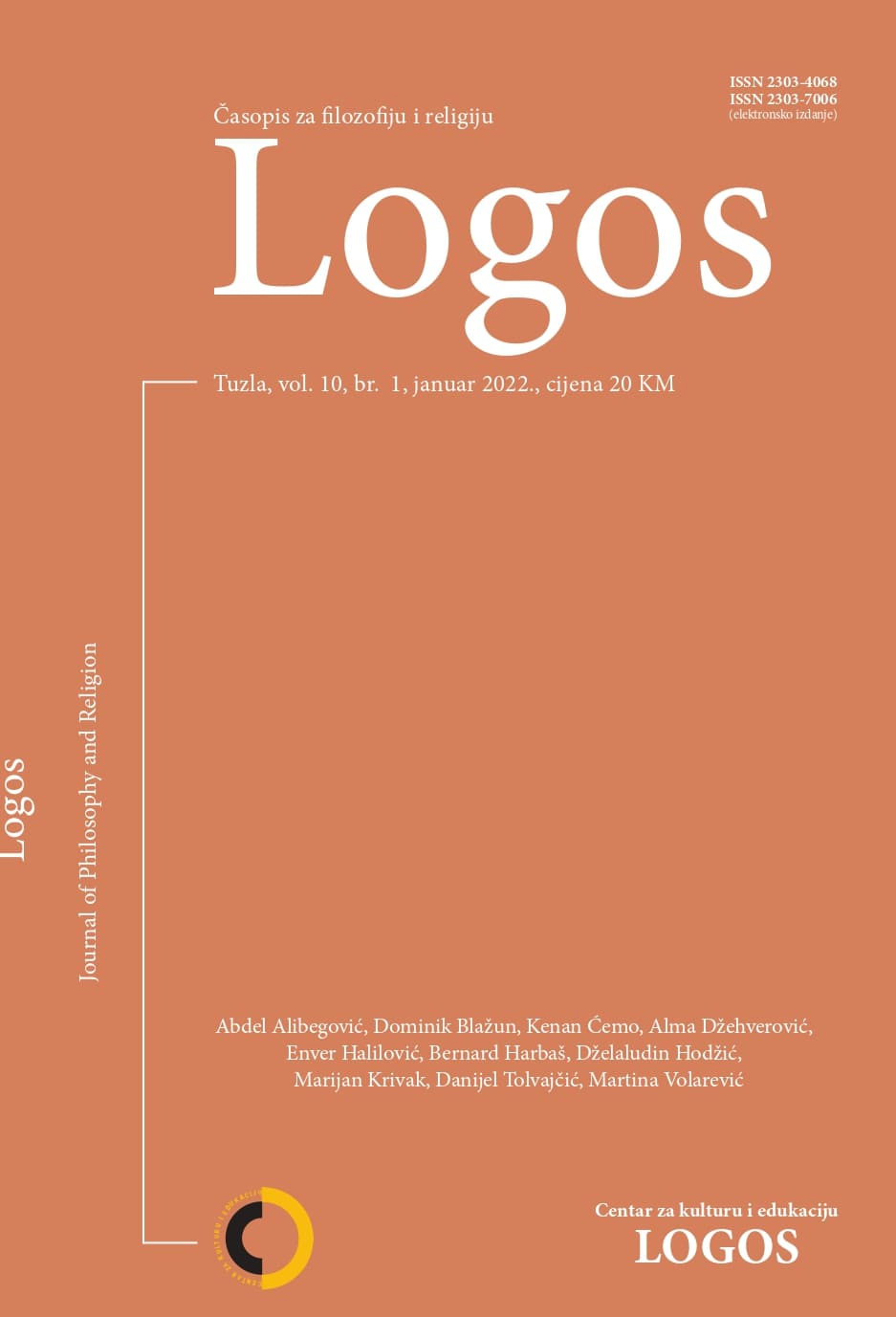U NESVJESNOM STANUJE POLITIČKO: DEMOKRATIJA KAO BRATOKRATIJA
THE POLITICAL LIVES IN THE UNCONSCIOUS: DEMOCRACY AS FRATERNOCRACY
Author(s): Bernard HarbašSubject(s): Political Philosophy, Structuralism and Post-Structuralism, Cultural Anthropology / Ethnology, Culture and social structure , Psychoanalysis
Published by: Logos – Centar za kulturu I edukaciju
Keywords: fraternity; friendship; citizen; difference; particularity; Freud; Lacan; Derrida; Nancy;
Summary/Abstract: Even though Freud and Lacan didn’t deal with political philosophy, their theories made a significant influence on poststructuralist political theory. Freud’s myth on the killing of the father is fundamental for understanding the emergence of modern state, democratic and organized society. Namely, according to this myth, Father and the leader of the horde appropriates all women of the horde for himself, whereas out of fear of being left without them, he banishes all male children from the family community. Jealous brothers return to the horde, kill the father, dismember his body and each of them appropriates a wife for himself. Because of the killing of the father brothers start to feel quilt which leads Freud to conclude that the dead father becomes stronger when dead then while he was alive. One can perceive from this theory the way in which monogamous relations replace the polygamous ones and absolutism is transformed into an equal participation of all citizens in the government. In other words, this tells us about the transformation of a disorganized society into a modern and organized state. Lacan’s theory shows that the main characteristic of the subject is deficiency which is the consequence of entering the figure of father into the relationship between a child and a mother and his prevention to realize their desire. Since the father prevented this relationship, the subject remains forever marked by the principle of desire he was denied realizing. In Freud’s theory about the killing of the father and his understanding of the excessive closeness and equality among brothers, Jacques Derrida notices traces of democracy. However, democracy that emerged on the fundaments of fraternocracy excludes all those who do not belong to the order of brothers (for examplesisters or brothers from another family). Democracy accepts only those who are same and who can be subsumed under the order of male principle. Derrida therefore assumes that the classic definition of democracy which considered its members equal and close should be transformed into political order based on distance. Namely, according to Derrida, along with the fraternity, notion of friendship is also crucial for democracy. It represents the fundament of a political community, but also a stumbling stone of contemporary political theory and democratic social order. A friend is the one who is close and who is appropriated. According to ancient theories, a true friend should have his own duplicate or a copy in a friend. It means that friends are similar, same, or close, and in order that two people be friends, they cannot differ from each other. Derrida thinks that friendship as fraternity and excessive closeness causes conflict. Fraternity creates hatred towards those who do not belong to the order of brothers. Because of that, fraternal relationships and excessive friendship should be reconsidered because they lead to wars and conflicts. True democracy without potential conflict is the one which excludes brothers and friendship and accepts hatred and distance. Like Derrida, Jean-Luc Nancy claims that authentic community is the one which includes distance and particularity. Namely, he analyses Lacan’s statement that “there is no sexual relation” as a state in which both subjects have their own perception of sexual phantasy. According to Nancy, Lacan’s statement explains in the best way the concept of community in which there is no possibility of identification. “There is no sexual relation” does not only mean that each subject has its own desire which cannot be imbedded into the desire of the other subject – partner, but that each individual is unique and different. Because of their uniqueness and otherness there is no possibility of forming a communion, but only a community in which individuals live without closeness and sameness.
Journal: Logos – časopis za filozofiju i religiju
- Issue Year: 10/2022
- Issue No: 1
- Page Range: 9-23
- Page Count: 15
- Language: Bosnian

